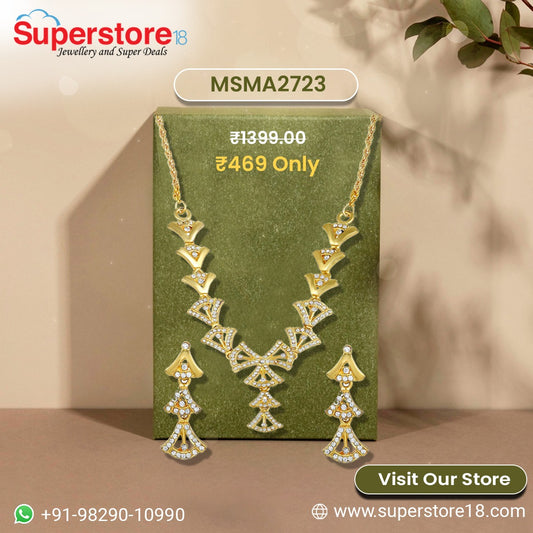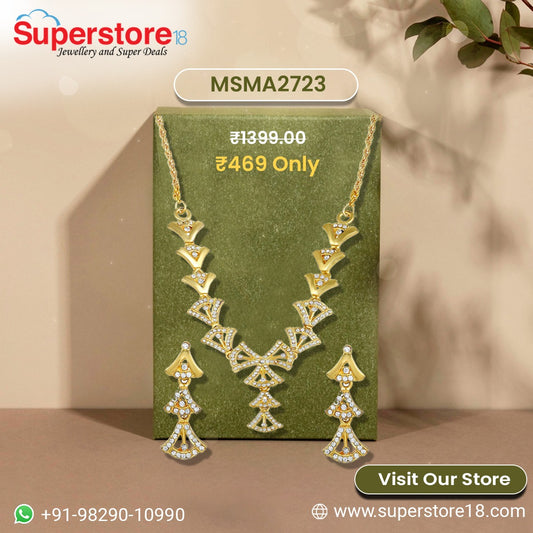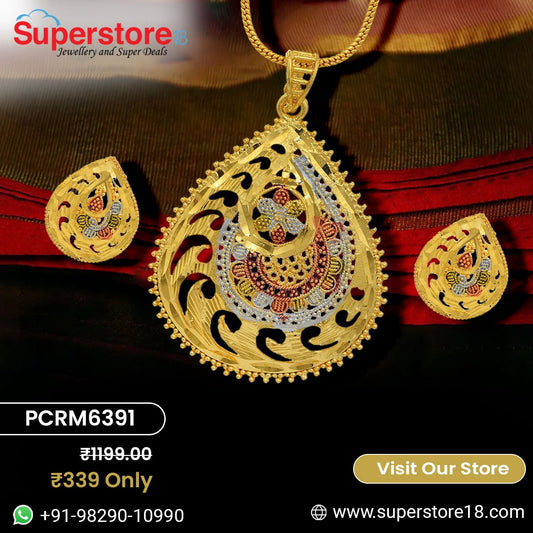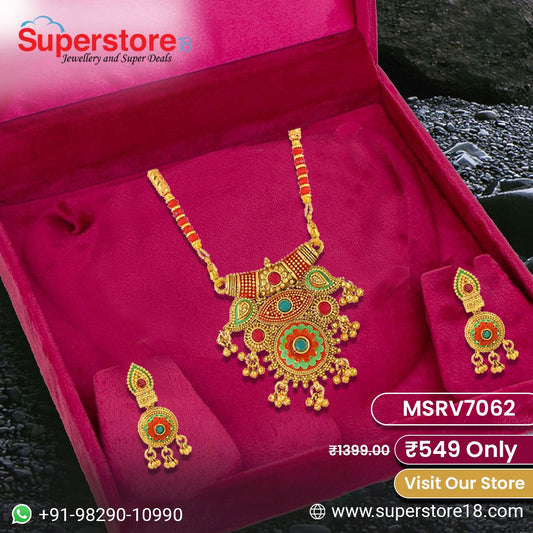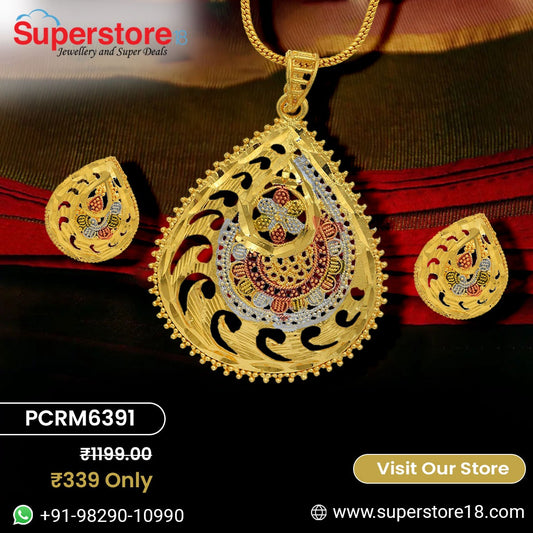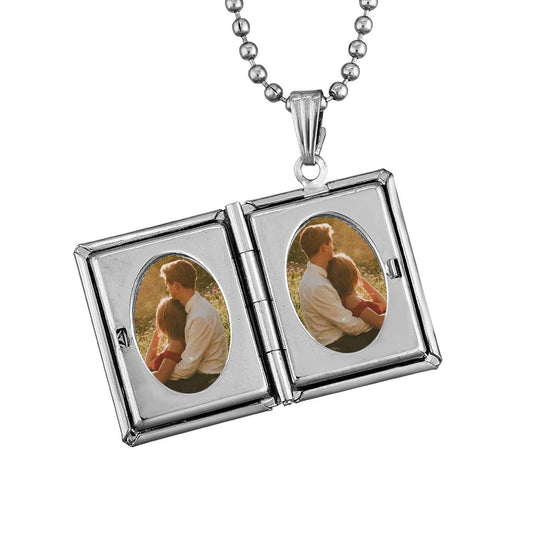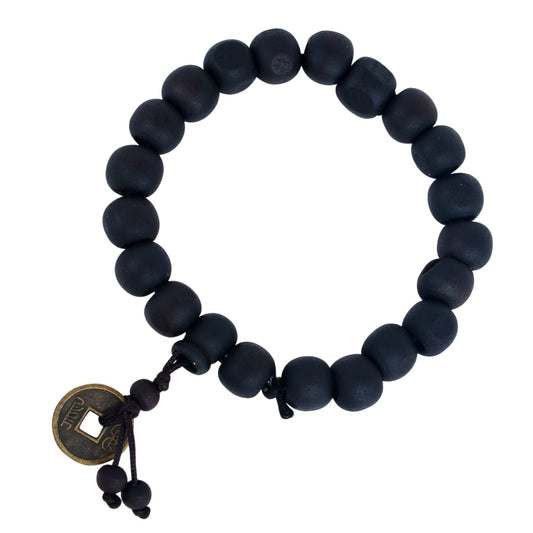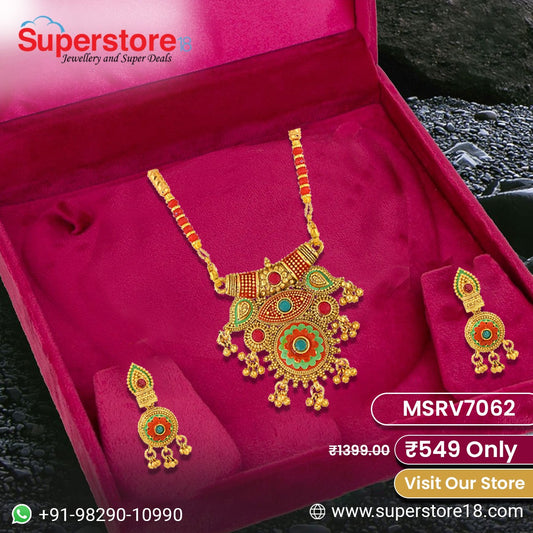
Truth Behind common Jewellery myths on major Indian Marketplaces,
I recently came across a promotional campaign by a well known jewelry brand on Indias biggest marketplace online e-commerce plaform, that boasted of its jewellery's exceptional attributes, purportedly setting it apart from conventional genuine sellers.. As an expert in the field, and experience of over 35 years, and accreditions and memberships of worlds top jewellery associations, I approached these assertions with a healthy dose of skepticism and embarked on an investigative journey to unravel the truth behind common jewelry marketing myths. My aim is to empower you with knowledge that will guide your jewelry purchases, ensuring that you make informed decisions and avoid the pitfalls of deceptive advertising. Let’s dive into the details…
WATERPROOF JEWELLERY
The concept of waterproof or water-resistant jewelry is a misnomer. If you examine the care instructions from any major Indian jewelry brand, you’ll notice a common caution against the exposure of their products to liquids, chemicals, and even high humidity. The reality is that water, especially when it’s not distilled, can pose a threat to most types of metal jewelry over time, depending on the various chemicals it may contain. It’s important to remember that the water we encounter in our daily lives is rarely, if ever, completely pure.
PRECIOUS METALS
Precious metals like solid gold or silver are often chosen for their opulent appeal and the traditional Indian perspective on their investment value, even though it’s rare for lightweight jewelry to be resold. Indeed, they are more resistant to water than base metals such as brass, steel, or copper, yet they are not completely invulnerable. Since pure gold and silver are too malleable for jewelry crafting, they are typically mixed with other metals to enhance their strength. However, exposure to saltwater or chlorine can harm these alloyed metals, potentially leading to surface damage and color changes over time, depending on the duration and frequency of exposure. Platinum jewelry, usually 90-95% pure, is significantly more durable against water and chemicals. Nonetheless, it also includes alloyed metals that might degrade over time, particularly if the platinum is less pure.
THE BOTTOM LINE
All metals and certain gemstones are susceptible to the effects of extended contact with water or humidity, which can result in corrosion, pitting, or additional forms of deterioration. Should you encounter metal jewelry marketed as waterproof, it’s crucial to investigate the validity of such assertions. Although there are techniques to enhance the water resistance of metals, it’s advisable to ascertain the particular method employed, if any, and to weigh the potential advantages and drawbacks.
Care
To truly care for your metal jewellery, avoid exposing it to salt water, chlorine and other liquid chemicals as much as you can manage. Also avoid getting it wet frequently or for extended periods.
This also goes for highly corrosion resistant metals and even those that have been treated in some way to make them more water resistant, especially if you want to keep these pieces in great condition for years to come.
SWEATPROOF JEWELLERY
This marketing term is just as problematic as waterproof jewellery and for many of the same reasons.
Sweat is slightly acidic and often contains salts, which can damage metal jewellery, including causing pitting and increased tarnish. Sweat also contains a myriad of other substances which can cause damage or simply leave a residue on your jewellery which will need cleaning. Sweat may also damage or discolour some gemstones, especially pearls.
In addition, some people's sweat contains a mixture of chemicals that simply don't play well with some metals (silver in particular). If you're one of these people, you need to be careful about the metals you choose to wear.
There are platings and coatings (including PVD, as above, and rhodium plating on silver or white gold) which may provide resistance to sweat, but many of these will eventually wear through and need repair or replacement, which may be expensive or problematic.
THE BOTTOM LINE
Given you'll want to clean your jewellery anyway if it has been caked in residue from sweat, then there doesn't seem to be a lot of point in seeking 'sweatproof' jewellery. It's another marketing term to be wary of and to look into when you see it.uperstore18 advice is to take your jewellery off if you know you're going to be sweating a lot (during exercise for instance, and especially if you exercise regularly). Also be sure to give your jewellery a clean with a gentle soap and some water.
NICKEL & ZINC in Jewellery:
When it comes to allergies, not all metals are created equal. The worst offender by far when it comes to jewellery are NICKEL and Zinc. It's estimated that 37% of women and2 3% of men are allergic to these metals.
Indian fashion jewellery market is missing control over the metal jewellery being sold on various marketplaces. Most of the cheaper jewellery, which might look attractive are mostly using these reactive metals for the jewellery. Blatant use of Nickel and Zinc, mixed with cheaper alloys like tin, aluminum or even Iron makes that jewellery cheap, and attractive, but is harmful for skin on prolonged contact. Some people even assume they are allergic to a precious metal like gold or silver, but in reality they're allergic to nickel which may be alloyed with precious metals to make them harder or (in the case of white gold) to change the colour. Any responsible jewellery brand should ensure their metal jewellery are all nickel and Zinc free (at Superstore18- Jewellery, we certainly do).
Also if you see any product titled Alloy Silver or 'nickel silver' jewellery for sale, be aware that this is actually just a type of harmful nickel, wrapped in fancy terms and it contains no silver at all. Our advice: do not purchase it, no matter even if they have a million feedback showing in favour of the product.
You should also be aware that even stainless steel often contains nickel. It is less likely to leach into your skin from this metal, but it can still cause problems. Always be sure to ask the seller if their stainless steel jewellery contains nickel and if they don't make this clear, better to avoid the purchase.
OTHER METALS
Copper allergies are rare but not non-existent and copper makes up a small amount of sterling silver. Although there isn't much research on it, it appears that a very small number of people are allergic to gold (although given how many people wear gold for long periods of time, it's clearly very rare). The copper jewellery, that is available on Superstore18, is sourced directly from the factories. It is also be known, that even copper comes in many grades, and pure copper will always be on a little expensive side.Re-Constituted copper, will again have some alloy mixed into it, and will come cheap.
THE BOTTOM LINE
If you've developed a sensitivity to a type of metal, then the only thing you can do is to get clear on exactly which metal is causing the problem and avoid wearing it, even if it is coated, plated or alloyed with something else. A dermatologist or allergist can help you pin this down.
In particular you should always check that jewellery you're looking to buy is nickel free as everyone should be avoiding wearing nickel as much as possible. Jewelelry from Superstore18 is all free from nickel, and Zinc.
If you see jewellery being marketing as 'hypoallergenic' and allergens are a concern to you, always take the time to look into the basis on which the jewellery seller is making this claim and do some research. You should also be clear on the type of metal being used in their products (a jewellery seller not making this clear up front should be a major red flag in general).
TARNISH FREE JEWELLERY
Most metals may tarnish in the right circumstances, but the main offender when it comes to precious metals used in jewellery is silver.
SILVER TARNISH
Sterling silver contains small amounts of copper and with exposure to moisture and some chemicals it will turn black or brown. The good news is that it's easy to clean silver jewellery, particularly if you keep on top of it.
The most common manufacturing approach to make silver tarnish resistant is to plate it with rhodium, which is a bright white metal. Sometimes pure silver is used in plating instead. These platings will generally prevent tarnish, but only until they wear through, as plating always does. If this happens you'll need to get the plating replaced, which may be expensive.
PVD COATING
As outlined in the waterproof jewellery section above, there is PVD coating (physical vapour deposition) which will also make jewellery tarnish resistant and is likely to last longer than plating. But, while it is durable, it can wear through and will be difficult to repair or replace.
It also increases cost and only a limited number of designs will have it, with many of them not being made of precious metal.
THE BOTTOM LINE
If you want jewellery that generally won't tarnish, then it's worth investing in Brass coated with at least 1 Micron of Pure silver. or going for platinum, stainless steel or titanium. Note that white gold is usually also rhodium plated to make it a truly white colour, so it will have the same problem with wearing through and needing repair.
If you're seeing silver jewellery being marketed as tarnish free, once again you need to look into on what basis this claim is being made. Also consider the pros and cons of coatings or metals that are less prone to tarnish. And make sure you're across what tarnish is and how to avoid it and clean it.
ETHICAL & SUSTAINABLE JEWELLERY
We are increasingly seeing jewellery brands advertising that they're sustainable, ethical and environmentally friendly. A number of them are clearly making genuine efforts in these areas, which is great.
We can - hand on heart - say that at Superstore18 Jewellery, we do our very best to be an ethical, sustainable and eco-friendly jewellery business. We devote quite a bit of time and energy to doing this and improving where we can..
However, for a number of businesses I've seen making these claims, there really isn't much (if any) evidence to back them up. It looks a lot like these terms are being used purely for marketing value.
Most of the brands on Indian marketplaces, have no plausible back story, no explanation of how their pieces are made or sourced, no knowledge at allof metal or compostion or plating, no evidence of being careful with packaging choices or other materials used in their business, no information about where they are based, etc.. They simply state that they are sustainable, ethical and/or eco-friendly and hope that their customers just naively believe it's true.
THE BOTTOM LINE
If environmental issues, sustainability and ethics are important to you (and I hope they are), then do your research. Do not buy anything on blind trust, even if it is sold on any marketplace which has a big reputation. More often than not, these marketplaces have absolutely no clue in what they are promoting, and what claims are being made by sellers to make their jewellery attractive. Imagine, we seeing a yellow sapphire ring on a very reputed marketplace being sold in Rs. 300/-. They claim original stone, and even attach a fake certificate, from a fraud testing lab. Just use common sense, and little wisdom…a jewellery made by ethnical metals, stones and components will have some cost attached to it, and cannot come in these “loot” prices.
Does the seller on that marketplace platform give you their back story? Does it sound genuine or like it's just marketing fluff? Do they explain what they do to be more ethical and sustainable in their business? Is it plausible? Are you clear on the materials they're using? Or how they make or source their pieces?
Spending a little bit of time getting a gut feeling for a brand before spending your money with them can make a big difference.
I hope this article goes some way to dispelling some jewellery myths and helping you avoid being conned by misleading marketing.
Brand Superstore18, stands for quality jewellery, with all the information that a buyer would need. We never compromise on quality at any stage of jewellery making. We might be overshadowed by big marketplaces, with million seller database, and spending un-imaginable money in promotions. But the buyers who are concerned about genuine product, sourced ethically come to Superstore18 for their jewellery needs. Invest in best, buy the best.
Remember: “All that glitters, is not Gold “

